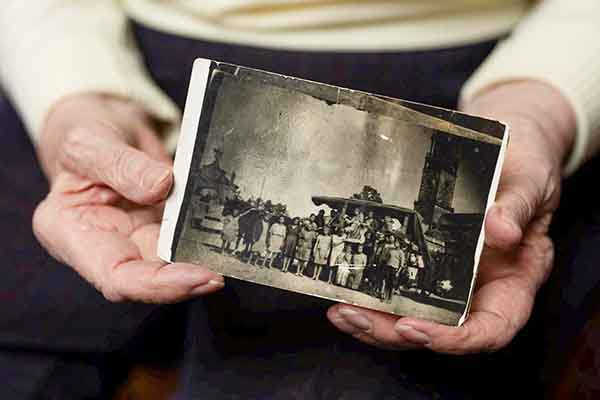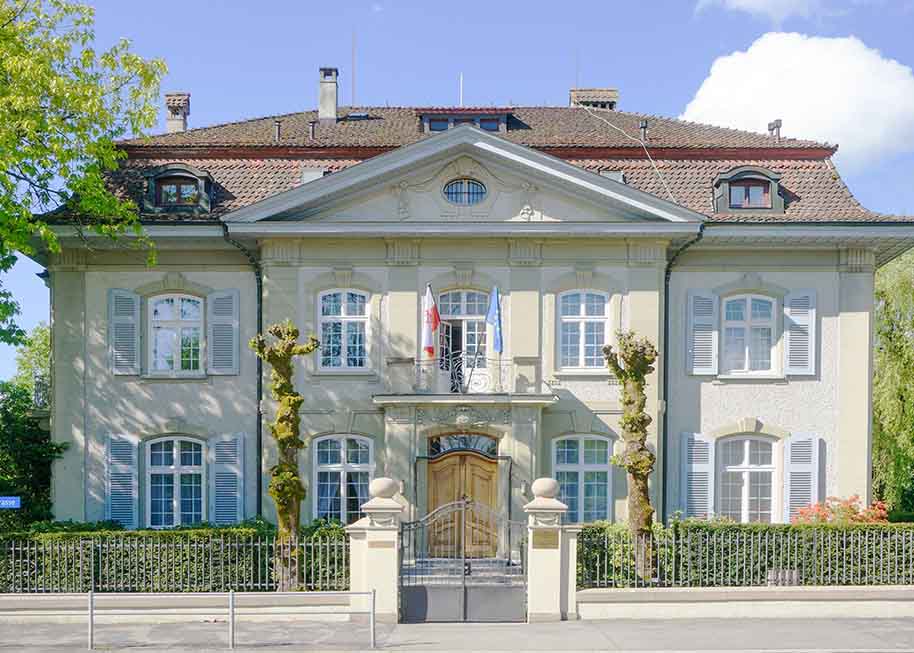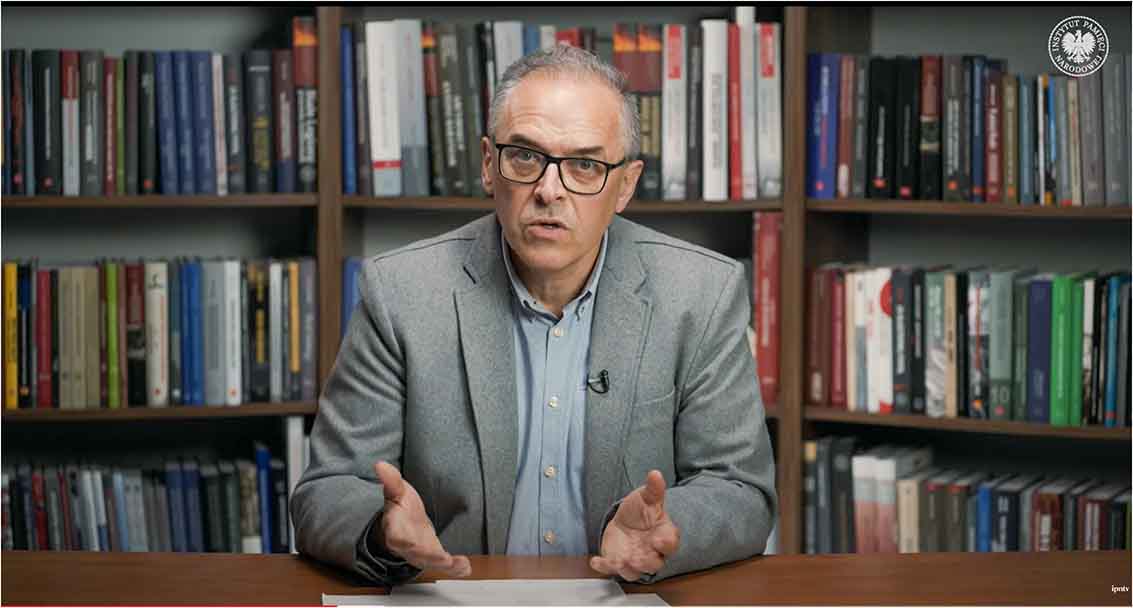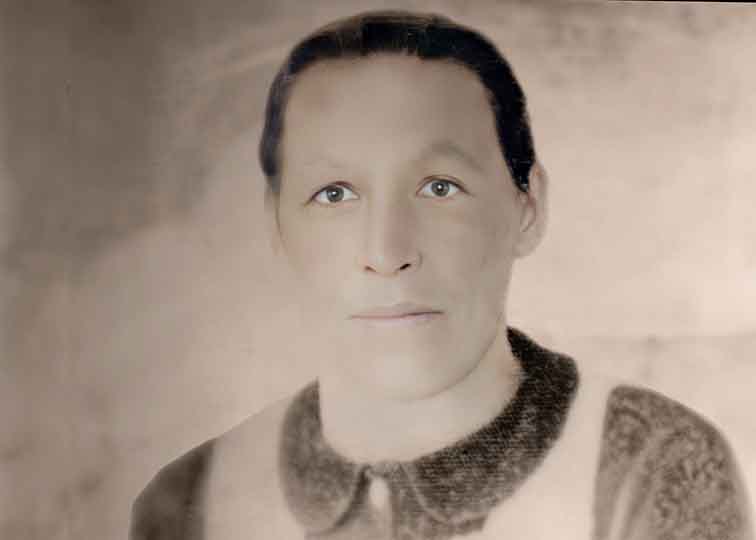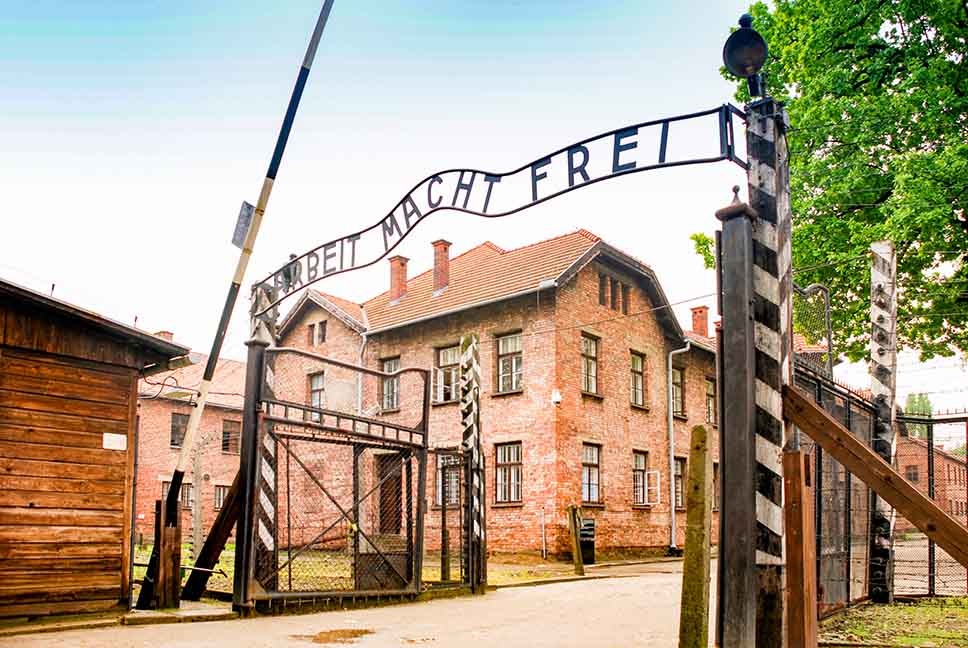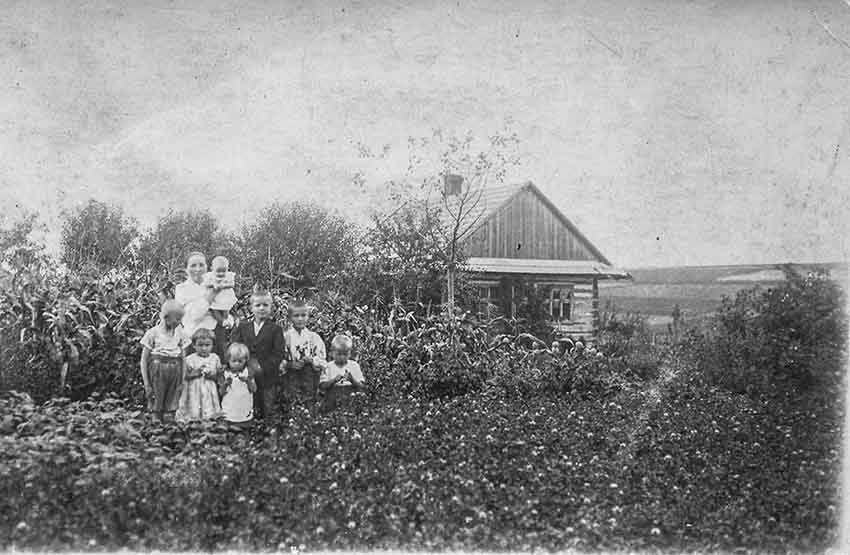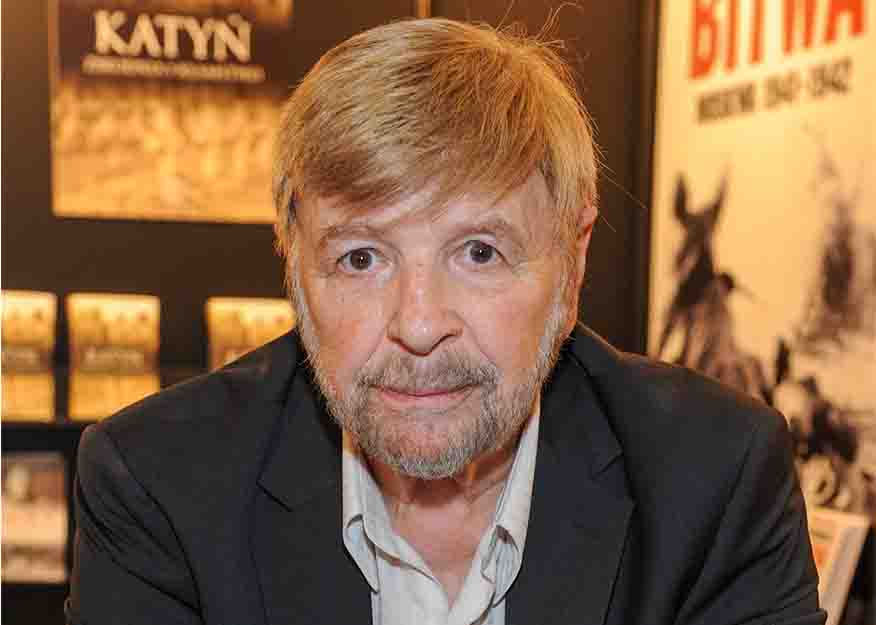Roger Moorhouse (born 1968) is a British historian and author. A fluent German speaker, Moorhouse is a specialist in modern German history, particularly on Adolf Hitler and the Third Reich. In this capacity, he has written for The Times, The Independent on Sunday, and the Financial Times, and is a regular contributor to both the BBC History magazine and History Today. Increasingly, Moorhouse is concerning himself with modern Polish history, especially of the wartime period. Moorhouse is a regular public speaker, and has appeared, among others, at the Edinburgh International Book Festival and the Bath Literature Festival. Since 2016, he has been a visiting professor at the College of Europe in Natolin near Warsaw. He is a Fellow of the Royal Historical Society.
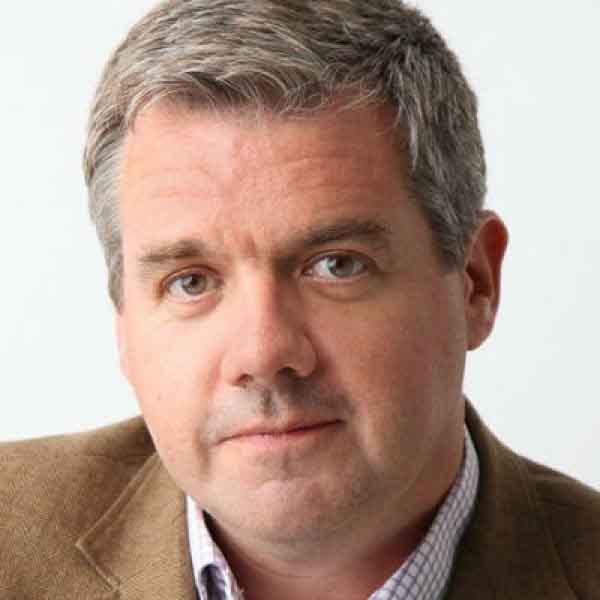
Roger Moorhouse, historian and author (Source: rogermoorhouse.com)
Joanna Talarczyk: You are the author of the book 'The Forgers', published in English (the Polish edition is called 'Paszporty życia'), entirely devoted to the so-called Ładoś Group. The story of Polish diplomats who, in order to save Jews, produced false documents on a massive scale, enabling them to escape death, is part of our local history. Why do you think it is worth telling on a global scale?
Roger Moorhouse: I think this story is important in its own right, especially because of the size of this group. It is also an important corrective to the wider perspective because the Holocaust narrative very often - except for the famous story of Oskar Schindler - leaves out those who tried to help Jews survive. I hope this will make the message of saving Jews from the Holocaust more visible. It is also an important addition to the international view of Poland's response to the Holocaust. It is generally misunderstood and seen in a surprisingly binary way. Perhaps this story is another thread that presents a more complex and balanced perspective on this message.
JT: How unique was the Ładoś Group? Were there other similar groups in different countries under occupation?
RM: This was not the only case. I mention several others in the book, such as Chiune Sugihara, a Japanese consul in Kaunas in 1940, Thomas Kendrick, a British passport officer in Vienna before the war, or Ho Feng-Shan, who issued visas to Shanghai. What makes the Ładoś Group different, however, is the scale of its operations: its members have issued identity documents to 10,000 people. This is far more than anyone else in the world has attempted. I also think that part of this story has a special Polish significance because it was invented by Poles and Polish Jews. Too many people in the world today forget that half of the victims of the Holocaust were Polish Jews. The Holocaust took place largely on the soil of occupied Poland. So this is a story in which Polish diplomats like Ładoś played an important role. Not only did they try to help through their activities but they also provided information about the Holocaust as it was unfolding. Their source was the Polish underground, and they passed everything on to the government in exile and further out into the world. So in addition to the individuals who tried to help - and there were relatively few of them - there was also a specifically Polish element which I think the book should have tried to bring out.
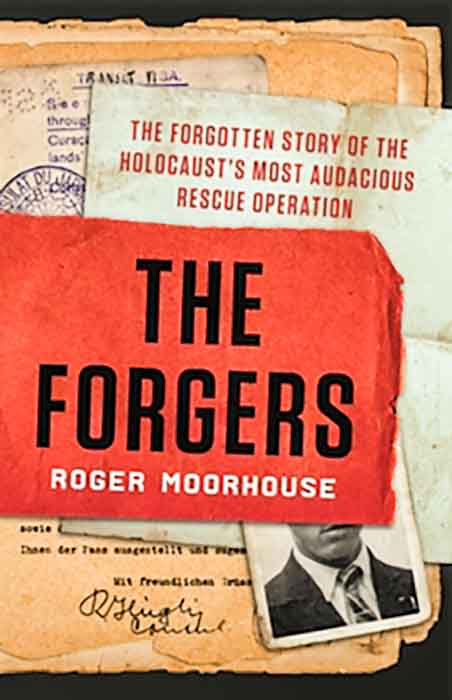
Cover of the English language edition of Roger Moorhouse's book "The Forgers" (2023). (Source: ThriftBooks.com)
JT: What got you interested in the subject in the first place?
RM: This story came to me in 2018 and became my 'pandemic' project. When I first read some articles about the Ładosia Group, I thought it was a fantastic story. It was unusual in the sense that, in all the darkness and tragedy of the Holocaust, it was a kind of positive story about the Holocaust. It is about people trying to do the right thing, trying to have the right humanitarian motives, trying to save other people's lives and trying to do the best for their fellow human beings. And also about the people who survived as a result. Of course, there is no shortage of tragedy in the book, but there are also moments of hope and survival, love and laughter. There is a lot of humanity in it. In a way, a lot of what I've written has touched on the Holocaust, but not necessarily written about it directly. So, I thought there was an opportunity to tell a new story and, importantly, a relatively positive story about the Holocaust, but also to address a wider gap in my work, which is the lack of positions on the Holocaust.
JT: You mentioned this strange binary reaction or response, this view of the Polish position towards the Jews, the Holocaust and their participation in it. Some even deny that the Poles helped the Jews. Why do you think this is the case and how can we change it?
RM: I think this is because it is only since 1989 that Poland has been able to research, speak and write freely about its history. If we consider that the main narratives about the Holocaust were established in the 1960s, 1970s and 1980s.- it is clear that the Poles are, in a sense, late in providing their own perspective on the issue. And they are trying to change the narrative, which is obviously very emotional and very rigid. In addition, many of the survivors' stories, stories that influence the Holocaust narrative, talk about the situation of individual Jews who were refused help by their neighbours, who had doors slammed in their faces, and so on. All this is attributed to anti-Semitism. Yes, it may have been anti-Semitism. I do not deny that there was anti-Semitism in Poland. But it was also present almost everywhere else. At the same time, Poland and certain eastern regions were among the few places in occupied Europe where aiding Jews was punishable by death. So for the average non-Jewish Pole, whose Jewish neighbour appeared on his doorstep in despair, to offer help was a tremendous act of courage, one might even say reckless courage. After all, there was the possibility that he and his family would be murdered. So I think that the lack of understanding of the wider context of the occupation has developed into a certain view that is presented - not in all cases, but in some - in survivor literature. A view that presents the Poles as a kind of public enemy no. 2, right after the Germans. As I said, the Poles came late into this narrative and are trying to change it. They say: 'Look, there were cases where people risked their own lives. Look at the case of Irena Sendler, for example; look at Henryk Slawik; look at the Ładosia Group'. This is not to deny that there was anti-Semitism or that there were people who tried to benefit financially, to bribe Jews. All that took place. But it is another part of a very complex and very painful history.
JT: So how can we change this vision?
RM: On the one hand, it is good that something has been done on this issue in recent years, but I think it has been done in a rather clumsy way. And this is partly why Poland has been in a diplomatic dispute with Israel for several years. This is a conversation that needs to take place but in a mature and respectful way. Moreover, press projects like this one - by presenting a different point of view on this narrative in a clearly argued and, above all, honest way - will help to change public opinion. I hope so. But as I said, and as I always say, changing the established narrative is very difficult and takes a lot of time and effort. It is not going to happen through one book or one person. It also has to happen largely by consensus. So people have to be educated and made aware. I hope we will see a Hebrew edition of this book.
Interviewed by Joanna Talarczyk.







